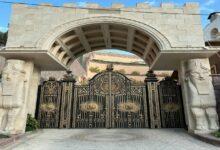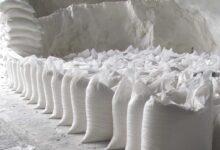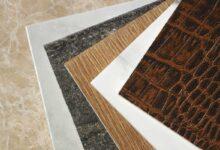Premium Iranian Cement export
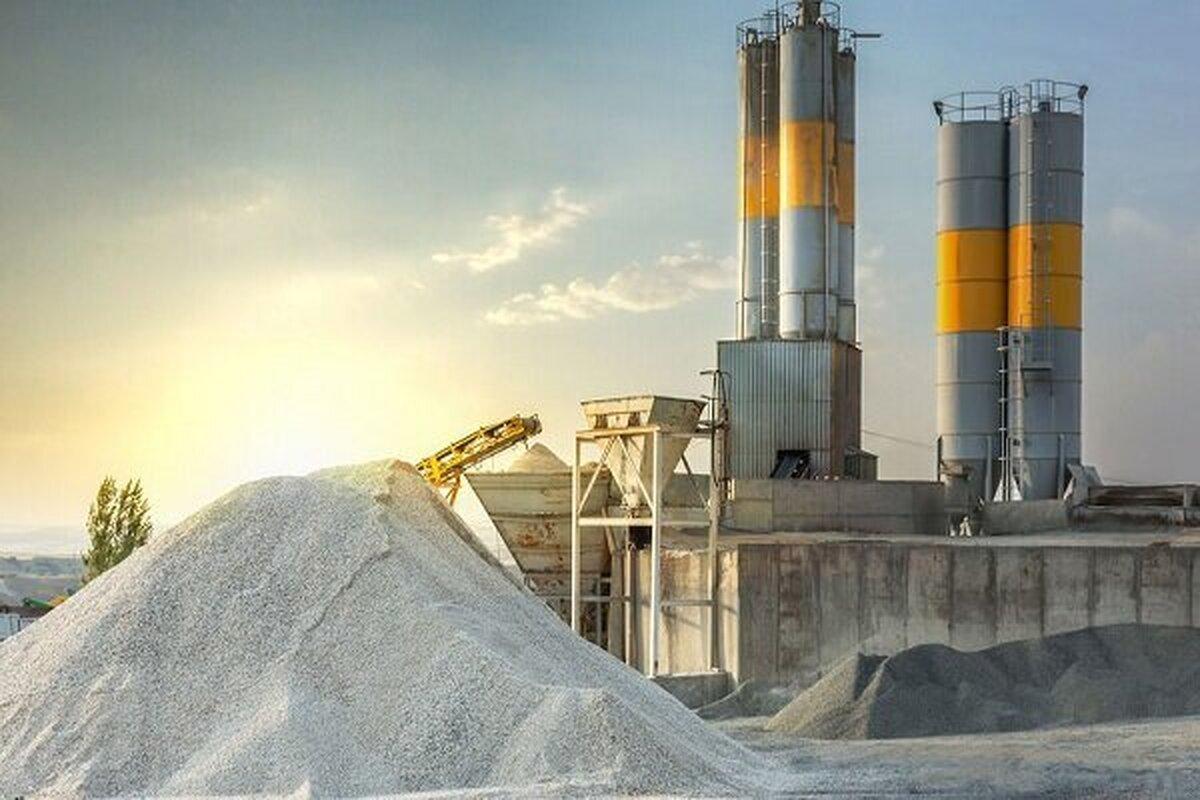
Iranian cement is internationally recognized for its high strength, consistency, and competitive pricing, making it a preferred choice for large-scale construction and infrastructure projects. Produced using advanced technology and quality raw materials, Iranian cement meets global standards for durability and performance. The country exports a wide range of cement types, including Portland cement, white cement, and sulfate-resistant cement, suitable for various climates and engineering needs. Buyers can order directly from trusted Iranian exporters and access bulk quantities at factory prices. Explore the updated cement export price list for the best deals on premium-grade products. cement is one of the main components of construction materials that always play an important role in building strong structures. This information is not only used in the field of construction, but also in the application of all kinds of urban road construction projects, pipelines, etc. Cement alone consists of flour and lime, which when mixed with other ingredients and in the presence of water and air, becomes a hard and cohesive mortar.
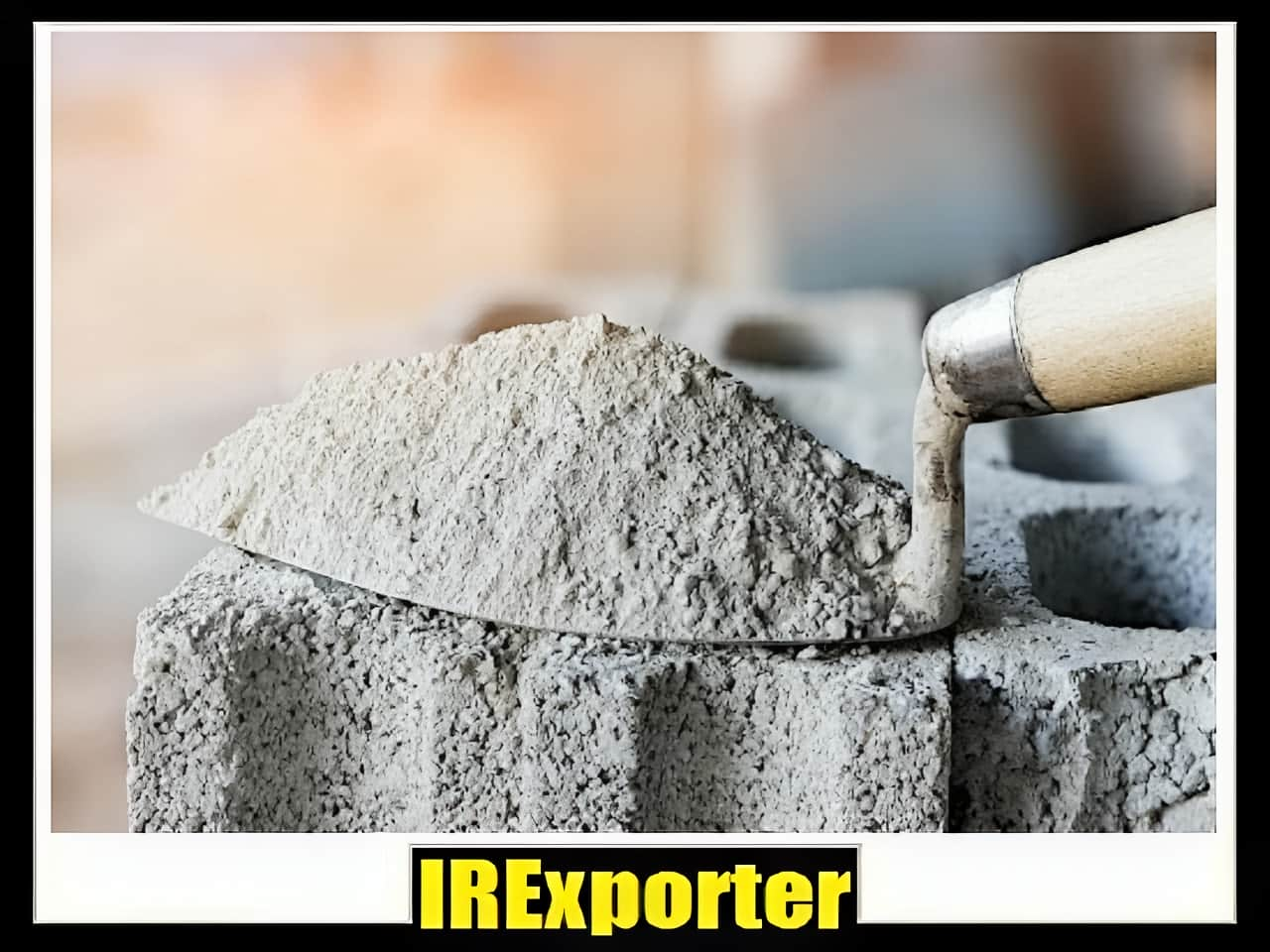
export of cement powder
cement is a vital component of building materials and plays a crucial role in constructing strong structures. It is widely used in the construction sector, as well as in urban road projects, pipeline systems, and more. Cement, composed of dust and lime, forms a robust and cohesive mortar when mixed with other materials and exposed to weather conditions. the main role of cement is to strengthen the concrete material by maintaining the cohesion of the particles of that material. In general, cement material has various uses in various construction fields, such as exterior facade cladding, wall cladding, foundation construction, bridge and dam construction, urban sewage pipes, etc.
the primary function of cement is to enhance the strength and cohesion of concrete materials. It serves various purposes in construction, including exterior facade cladding, wall pavements, foundation construction, bridge and dam construction, and urban sewage systems.
different types of cement powder are produced based on the compounds used and the intended application. These include quick-hardening cement, rapid cement, white cement, colored cement, hydrographic cement, and cement for low heat generation, among others. Iran is recognized as the world’s top cement producer due to its abundant resources and high demand for domestically manufactured cement. The majority of iran’s cement exports are directed to the eurasian region and persian gulf countries, with iraq being the largest importer of iranian cement. In this article, we explore the various types of cement and their uses, along with an examination of the export status of this product.
based on the compounds used in it and the mode of operation, cement is formed in various forms such as quick setting cement, quick setting cement, white cement, colored cement, hydrographic cement, low heat cement etc. The abundance of resources and the high demand for domestically produced cement make iran one of the leading cement producing countries in the world. Most of iran’s cement exports are to the eurasian region and the persian gulf countries. Meanwhile, iraq is the largest importer of iranian cement. Further, while looking at the types of cement and its uses, we will also consider the export status of this product.
cement and its uses
as previously mentioned, cement’s primary function is to strengthen concrete materials and ensure the stability of buildings. Portland cement types contain the essential ingredients for cement production. When cement hardens, it forms a cohesive and impermeable structure that prevents the penetration of water and air. This makes it an excellent choice for building foundations and sub-floors. The production and processing of cement involve mining, extracting materials from deposits, crushing cement rock portions, mixing the materials, and heating them.
different types of cement serve specific purposes in construction. For example, white cement is primarily used for building facades due to its composition and attractive appearance. Refractory cement is suitable for concrete foundations and other structures that require high strength, offering heat and frost protection. Quick-setting cement reacts to weather conditions and hardens rapidly, reducing construction costs and time. Colored cement, similar to white cement with the addition of pigments, is often used for decorative purposes, adding color to city building facades.
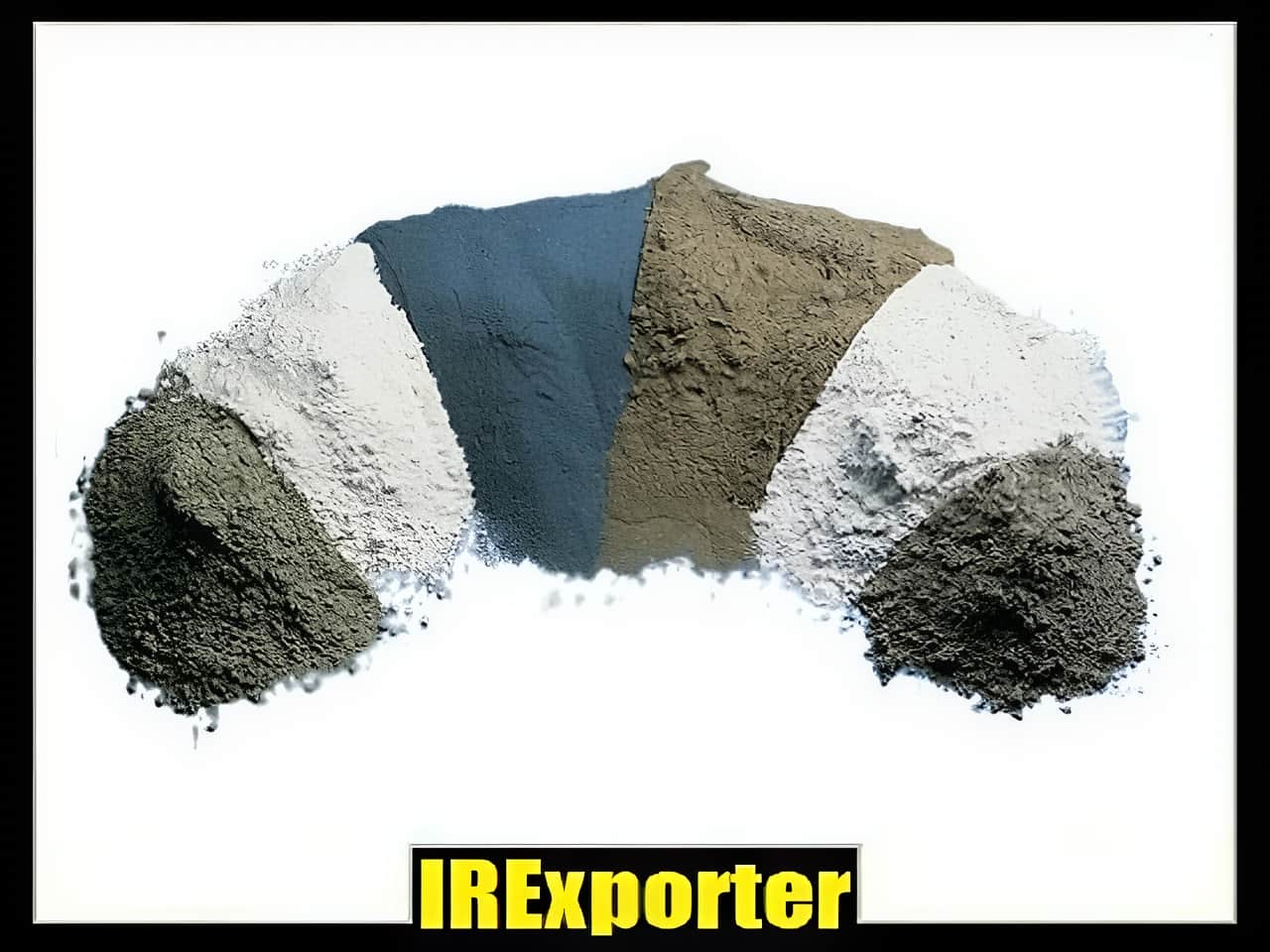
iranian export cement price
the final price of iranian export cement is influenced by several factors, including the type of cement, manufacturing plant, brand, packaging method, compound composition, and cement strength. Political and economic factors can also impact cement exports. The price of exported cement is subject to variability due to fluctuations in currency prices. Therefore, the ministry of industry, mines, and trade announces the final price at mid-year intervals. It is crucial to refer to reliable sources to obtain up-to-date information on the price of iranian export cement.
export of cement: unique aspects
iranian cement production holds significant importance in the international market. Several factors contribute to facilitating cement export from iran to other countries. The quality and optimal performance of exported cement in various sectors play a crucial role in promoting iranian cement globally. The final price of cement also influences its export. As the demand for iranian cement increases, steps have been taken to enhance the quality of domestically produced cement. Industries in iran produce different types of cement that meet international standards, benefiting from the country’s abundant limestone resources.
iran has unlimited access to natural cement mines, and the establishment of numerous cement plants since the 1980s has resulted in a substantial increase in cement production volume. This has ensured a steady supply chain of raw materials, as more than half of the materials and equipment required for cement production are readily available. Iran’s strategic location in asia and the middle east, along with its access to land and water borders, has further expanded cement exports to neighboring countries. With the development of urban infrastructure in neighboring nations, iran has increased its production of building materials, including cement, to meet both local and international demand. Iranian cement exports reached approximately 19 million tons in the early 1990s, and the country aims to export over 90 million tons to central asia and the persian gulf by 1404.
irexporter is an exporter of cement to various countries, including turkey, pakistan, uzbekistan, iraq, georgia, afghanistan, cyprus, kuwait, oman, qatar, syria, armenia, turkmenistan, russia, morocco, europe, africa, australia, new zealand, malaysia, germany, sweden, bangladesh, thailand, singapore, and cyprus.
we are a cement export agency specializing in the transportation and sales of export cement from iran. Our business group focuses on providing high-quality cement for export, and we have a well-established sales system in place. If you’re wondering where to buy export cement, we can guide you and provide information on the specifications and prices of our products. Our goal is to offer the best export cement options and ensure customer satisfaction.
if you’re looking to buy export cement, we recommend purchasing from tehran, the capital of iran, where you can find the highest quality cement at affordable prices. We offer wholesale options for those interested in bulk purchases. Our online store allows for convenient ordering and immediate purchase of export cement. We provide a guide to help you make the right choice and find the most affordable options.
you can browse through our export cement gallery to view photos and images of our products. We regularly update our catalog to introduce new export cement varieties. We take pride in the excellent quality of our cement and offer a guarantee of its performance. Additionally, our dedicated customer service team provides after-sales support to ensure your satisfaction as an exporter of our cement.
documents required for cement export
exporting any product, including construction materials like cement, requires valid documentation in accordance with the law. The necessary documents and requirements include a business card, standard certificate, emission permit, baling certificate, and occasionally origin and passbook documentation. Individuals or legal entities involved in exporting goods must obtain a business card from the iran trade development organization’s website to engage in foreign trade. The business card is valid for one year and requires renewal after expiration. In addition, traders in the food, health, and construction materials sectors must submit relevant documents and obtain a license for goods export to comply with the regulations set by the ministry of commerce. Failure to obtain the required license may result in the export being considered smuggling.
steps for cement export
exporting cement in the field of building materials involves following legal procedures to ensure successful business operations. The process includes receiving an order from the country of origin, issuing a proforma invoice from the buyer, reaching a bilateral agreement between the buyer and the exporter, initiating cement production in the specified quantity, determining the price of cement, applying for an export license, resolving customs and transportation matters, obtaining a baling certificate for specific goods, completing payment transactions, and finally, clearing the goods through iranian customs.
export customs duties
due to the ample resources and availability of equipment for cement processing, the demand for cement imports from neighboring countries has increased. Investing in this sector carries low risk and highreturns. Iran’s access to natural cement mines, coupled with its location in asia and the middle east, has led to significant growth in cement production and exports. The country’s cement industry has not faced major raw material shortages, as more than half of the required materials and equipment are readily available. Iran’s cement exports have expanded due to its proximity to land and water borders, allowing for easy access to neighboring countries. Additionally, iran’s production capacity meets both local and international market demands, especially in the construction sector.
iranian export cement prices
the final price of cement is a crucial factor in determining its export potential. Several factors influence the price, including the type of cement, manufacturing plant, brand, packing method, compound composition, and cement strength. Political and economic factors, such as currency fluctuations, also impact cement exports from iran. Due to these variables, the ministry of industry, mines, and trade announces the final price of exported cement at mid-year intervals. Access to reliable sources is necessary to obtain accurate information on iran’s export cement prices.
required documents for cement export
exporting any type of product, especially construction materials like cement, requires valid documents as per the law. These documents include a business card, standard certificate, emission permit, baling certificate, and sometimes origin and passbook. To engage in foreign trade, individuals or legal entities involved in exporting goods must obtain a business card by consulting the bazargani trade center of iran’s website. The business card needs to be renewed annually. The ministry of commerce mandates that traders in food, health, and construction materials submit relevant documents and obtain an export license. Failure to comply with these requirements may result in the export being considered as smuggling.
steps for cement export
exporting cement in the field of building materials requires adherence to legal procedures to ensure successful business transactions. While the specific steps may vary slightly based on the destination country’s laws, the general process includes receiving an order from the origin country, issuing a proforma invoice from the buyer, establishing a bilateral agreement between the buyer and exporter, initiating cement production in the specified quantity, determining the price of cement, applying for an export license, resolving customs and transportation matters, obtaining a baling certificate for specific goods, completing payment procedures, and finally clearing the goods through iranian customs at the border.
export customs duties
the abundance of resources and availability of equipment for cement processing have led to increased demand for cement imports from neighboring countries, resulting in a low-risk and high-return investment opportunity in the sector.
exporting cement to turkey
trade relations between iran and turkey have strengthened over the years. Iranian exports to turkey include plastics, artifacts, aluminum, chemical products, food products, and pharmaceuticals. The increase in immigration and construction demands in turkey has led to a significant rise in cement consumption. Currently, iran exports a considerable amount of cement, especially to turkey, in the eurasian region.
status of cement exports to turkey
economic and political conditions heavily influence the trading market, including turkey. Iranian businessmen must carefully examine the laws and regulations of turkey before exporting goods. These laws cover political matters as well as the acceptance or rejection of specific goods. It is mandatory for iranian businessmen to verify the import order of goods produced outside of turkey.
exporting cement to pakistan
despite historical, cultural, and geographical similarities, trade relations between iran and pakistan have been limited. Iranian manufacturers have been neglected in the pakistani market, resulting in a significant portion of the market being dominated by china, the uae, and saudi arabia. However, pakistan heavily relies on imports, with a large portion of its import-export sector dedicated to importing goods. Iran’s ability to supply a range of construction materials presents an opportunity to export cement and other products to pakistan through the shared borders.
exporting cement to uzbekistan
after bilateral agreements, business relations between iran and uzbekistan have become more promising. Uzbekistan consumes around 1.5 million tons of cement annually, and iran aims to increase its exports to the country by facilitating transportation via rail.
exporting cement to iraq
export of iranian cement to iraq had been suspended in recent years due to political and economic issues. However, both countries have reached an agreement to resume cement exports by reducing customs duties and simplifying banking procedures. Iraq presents a significant market for cement exports due to the high demand for infrastructure development and construction projects.
exporting cement to georgia
despite the temporary ban on cement imports from iran to georgia, efforts by officials have reopened the market. Georgia’s strict import licensing regulations pose challenges, especially for cement imports. Nevertheless, iran has the opportunity to export its goods to georgia and subsequently to european countries.
exporting cement to afghanistan
trade relations between iran and afghanistan have been favorable, with exports of oil and non-petroleum products playing a significant role. Afghanistan heavily relies on importing building materials for urban projects. In 2020, iran’s cement exports to afghanistan exceeded 370,000 tons, transported via cargo trucks at the border between the degharon and razavi khorasan provinces.
cement exports to cyprus
cyprus has become a lucrative market for iranian goods, particularly construction materials. The majority of the cement market in cyprus is dominated by iranian exporters. Although there was a temporary halt in cement exports to cyprus, it has now resumed. However, strict import licensing requirements, especially for cement, pose challenges for exporters.
exporting cement to kuwait
kuwait offers a safe and important market for high-quality iranian brands. The country has stringent regulations and international laws that suppliers must comply with. Kuwait primarily imports agricultural products and cement minerals from iran, with cement exports reaching approximately 330,000 tons in 2020, shipped via sea.
exporting cement to oman
since oman’s accession to the world trade organization, its per capita income has increased along with the demand for high-quality non-oil imports. Given the favorable relations between iran and oman and the ease of goods transportation, iran has the opportunity to enter oman’s cement market and export other products.
exporting cement to qatar
qatar presents a favorable environment for commercial cooperation, as it has limited trade relations with other persian gulf countries due to political factors. Although iran’s mineral exports to qatar have been limited, qatar itself is a major producer of construction materials, including cement.
cement exports to syria
iran and syria, sharing common political positions, aim to strengthen trade relations. An agreement signed by iran, iraq, and syria allows for the transit of cement from iran to syria via iraq. However, disruptions in cement exports occurred in 2020 due to export and domestic supply issues. Currently, egypt meets over half of syria’s cement needs through imports. Iran, being one of the world’s largest cement producers and suppliers, can seize the opportunity presented by syria’s reconstruction and construction projects.
exporting cement to armenia
cooperation between iran and armenia has increased following the signing of a memorandum on regional cooperation. Efforts to boostbusiness ties and facilitate trade have been made. However, recent political tensions between armenia and turkey have led the armenian government to seek alternatives to turkish imports. This situation provides an opportunity for iran to meet armenia’s market demand. In 2019, iranian cement exports to armenia accounted for 20% of the total export volume, and there is potential for further growth.
white cement exports
white cement is widely used in various applications in building construction. It is particularly in demand when a high-quality, colorless cement is required. The export of white cement remains a profitable sector, despite government restrictions. White cement is a fundamental product in the construction industry, and its properties and production process differ slightly from gray cement. The absence of metal oxides, such as iron oxide, gives white cement its distinctive color. It is widely used as a building material in many countries where white cement production capacity is limited.
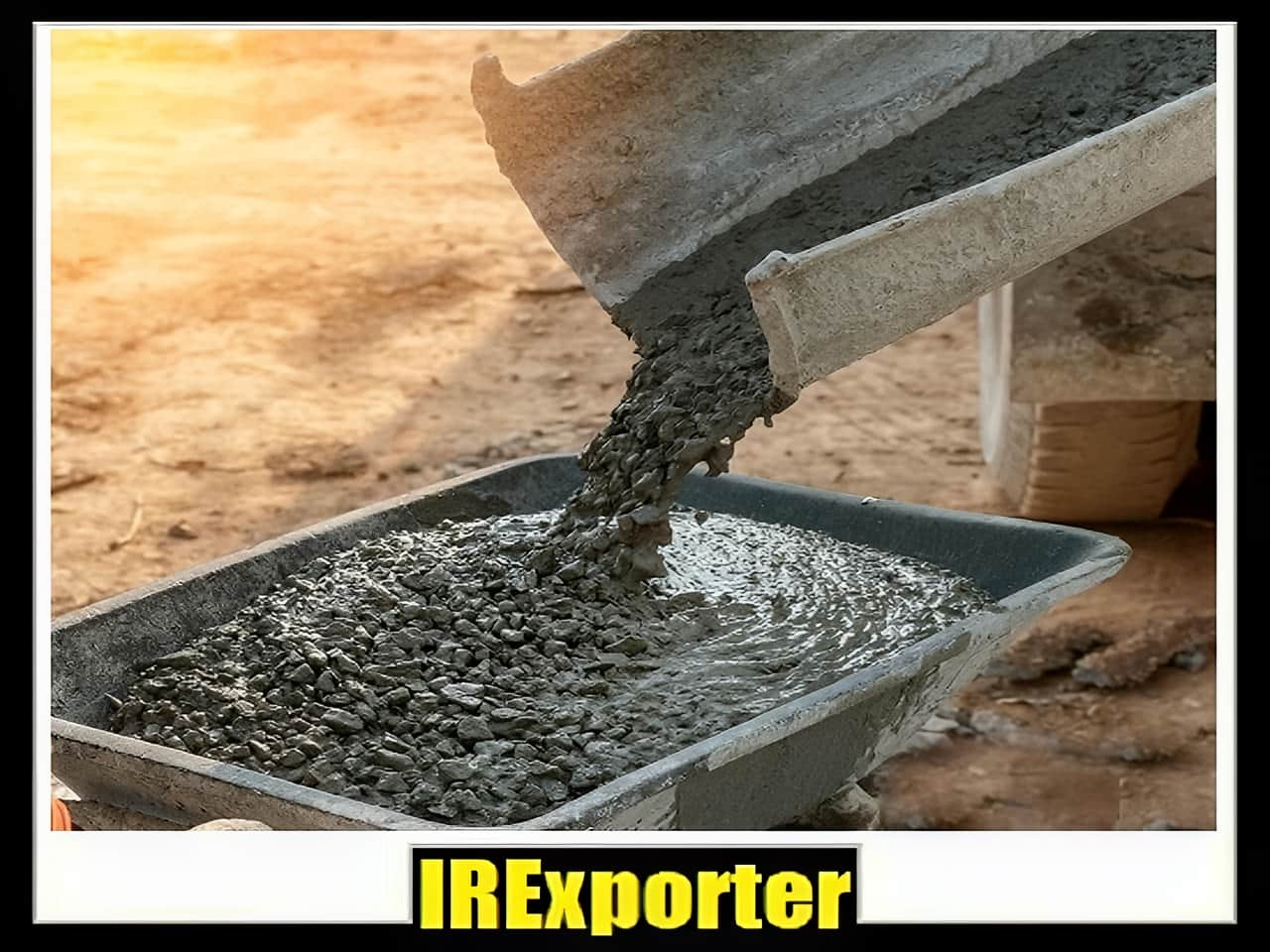
iranian cement prices for export
the prices of cement for export vary based on the type and packaging. The government sets the export price in us dollars. Bulk cement prices differ from packaged cement prices. Additionally, the proposed base rate includes transportation and handling costs, as well as expenses related to trucks and other logistics.
chemistry of cement compounds
cementitious materials, such as portland cement, primarily consist of calcium, silicon, and iron oxides. These compounds undergo reactions during the manufacturing process, resulting in new stable chemical compounds. The percentage composition of these compounds can be calculated based on the percentage of oxides in the clinker. The four main phases of cement are tricalcium silicate (c3s), dicalcium silicate (c2s), tricalcium aluminate (c3a), and tetracalcium aluminoferrite (c4af). These compounds play crucial roles in the strength and properties of cement.
characterization of basic cement compounds
silicates (c2s and c3s) are the primary constituents of cement and significantly influence its strength when hydrated. While c3a has limited contribution to cement strength after the initial stages, it can cause issues during sulfate attacks. However, c3a facilitates the combination of calcium oxide and silicon oxide during the production process. C4af has minimal impact on cement properties. Gypsum is often added to cement to form calcium sulfate, which aids in the hydration process and can accelerate setting time.
export of stone cement
portland cement, specifically type 1, is used in mortar construction where lower strength is required.
refractory cement exports
refractory cement, such as rf cement 450, rf cement 500, and rf cement 550, contains a high percentage of alumina. These cements are used as refractory materials in high-temperature industries and environments.
oil well cement exports
oil well cement is primarily used for sealing wells and exhibits resistance to high temperatures and pressures. It can also be used in cavities, waterways, and sewers.
waterproof portland cement exports
waterproof portland cement, available in white and gray, reduces capillary water transfer under low or no pressure. However, it does not prevent water vapor transmission.
customized binder cement exports
customized binder cements are tailored to produce concrete with specific setting times, ranging from a few minutes to an hour.
overview of cement export from iran
iran is one of the largest cement producers in the world, with a production capacity of over 80 million tons per year. The country has a significant export market for cement, mainly to neighboring countries in the middle east and asia. Iran has several large cement manufacturers that export to countries such as iraq, afghanistan, turkmenistan, and azerbaijan.
factors affecting cement export from iran
several factors influence the export of cement from iran, including production capacity, international demand, and geopolitical tensions. The country’s political and economic situation can also affect its ability to export cement, as well as the availability of raw materials and the cost of production. Additionally, international sanctions and trade restrictions can also impact the export of cement from iran.
types of cement exported from iran
iran exports a range of types of cement, including ordinary portland cement, sulfur-resistant cement, and oil-well cement. The type of cement exported can vary depending on the demand and specific requirements of the importing country.
comparison with other regional producers
the purchasing price of exported powder cement from iran is competitive compared to other regional producers, such as turkey and saudi arabia. However, it is important to note that the price can vary depending on the type of cement and the specific requirements of the importing country.
future of cement export from iran
despite the challenges posed by international sanctions and geopolitical tensions, the future of cement export from iran remains positive. The country has a large production capacity and a growing demand for construction and infrastructure projects in the region, which is expected to drive growth in the export market for cement.
potential for expansion into new markets
iran has the potential to expand its export market for cement into new markets, such as africa and europe. The country’s competitive pricing and quality products make it well-positioned to compete in these markets, but the challenges posed by international sanctions and trade restrictions may limit its ability to do so. In conclusion, the export of cement from iran is a significant industry, with a large production capacity and a growing market for exports. The purchasing price of exported powder cement is influenced by several factors, including production costs, international demand, and geopolitical tensions. Despite the challenges posed by international sanctions, the future of cement export from iran remains positive, with potential for expansion into new markets.
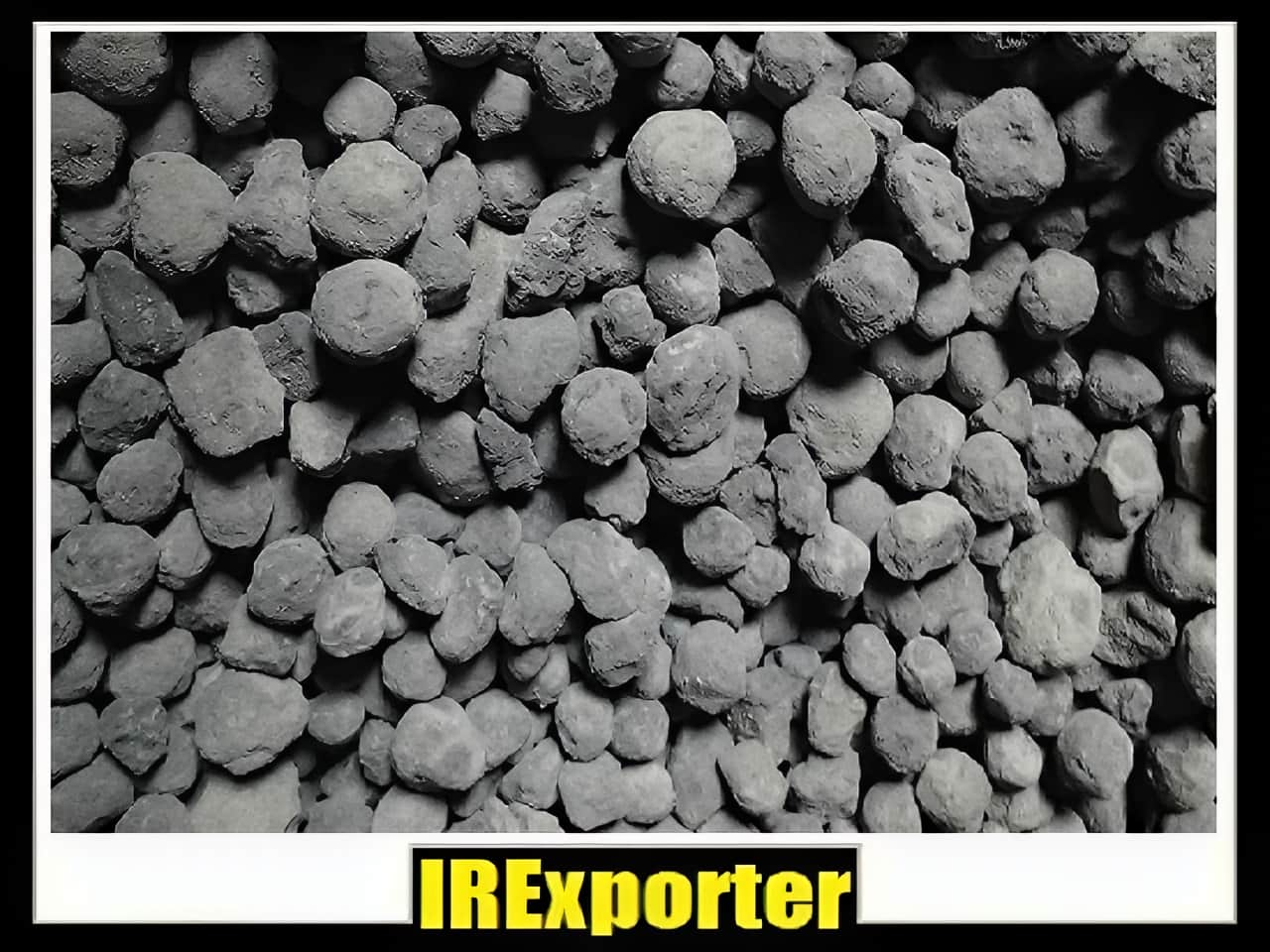
market for cement export from iran
the market for cement export from iran is highly competitive, with several other regional producers also vying for market share. The quality of iranian cement and its competitive pricing have made it a popular choice among buyers in the region. However, the global market for cement can also be influenced by factors such as the overall state of the global economy and the demand for construction and infrastructure projects.
types and characteristics of cement
there are various types of cement suitable for different purposes, including:
- portland cement grade 1 (normal portland cement): used when special properties are not required.
- portland cement type 2: suitable for general use and applications where moderate heat of hydration is desired.
- portland cement type 3: used when high early strength is required.
- portland cement type 5: preferred when high resistance to sulfate is necessary.
- white cement: primarily used for surface applications and when high-strength colorless cement is needed.
- refractory cement: used in high-temperature environments and as a refractory material.
- oil well cement: specifically designed for sealing wells and resistant to high temperatures and pressures.
- waterproof portland cement: reduces capillary water transfer but allows water vapor passage.
- customized binder cements: produced to meet specific setting time requirements, ranging from minutes to an hour.
- colored cement: used for decorative purposes and in the production of cement facades and profiled concrete.
shipping cement
the significant increase in cement exports presents challenges, including rising housing prices and material costs. To address these issues, the market control task force has mandated that all white cement exports go through the iran commodity exchange’s export ring. Exporters must obtain a purchase receipt from the exchange to export cement. While this measure aims to mitigate potential losses and stabilize housing prices, cement exports remain profitable and offer numerous opportunities in iran’s economy.
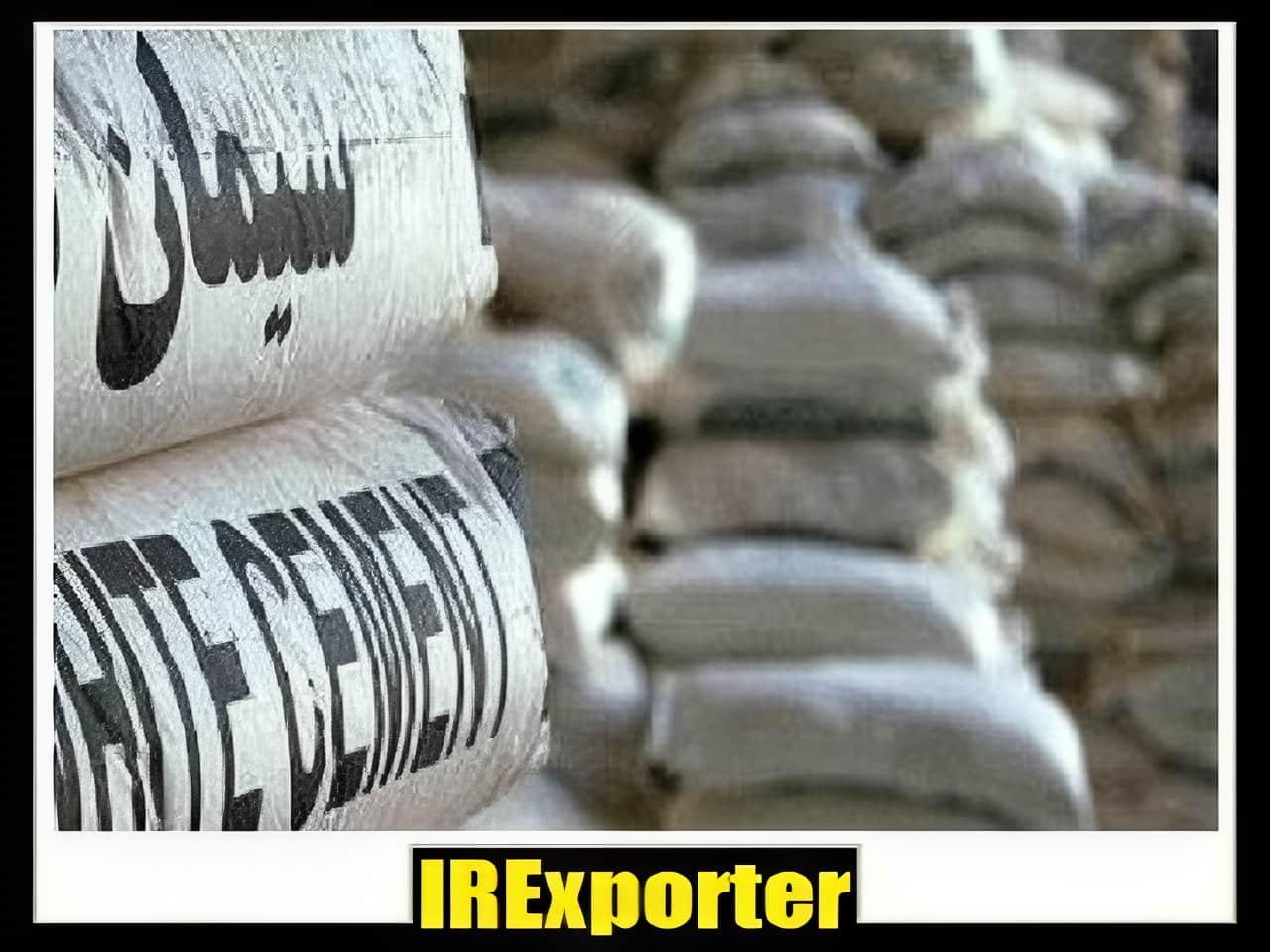
purchasing price of exported powder cement
the purchasing price of exported powder cement from iran is influenced by several factors, including production costs, shipping costs, and international demand. The price can also be affected by the exchange rate between the iranian rial and the currency of the importing country. Additionally, the price of raw materials and energy used in the production of cement can also impact the purchasing price.
impact of sanctions on purchasing price
international sanctions against iran have had a significant impact on the purchasing price of exported powder cement. The restrictions on banking transactions and the difficulty in obtaining insurance for shipping have made it more expensive to export cement from iran, leading to an increase in the purchasing price.
| Heading | Content |
|---|---|
Purchasing Iranian Natural Cement |
Are you looking to purchase Iranian natural cement for your construction projects? Look no further! We are the leading supplier and exporter of Iranian natural cement, offering high-quality products to customers worldwide. |
Benefits of Iranian Natural Cement |
Iranian natural cement has gained immense popularity in the construction industry due to its exceptional properties. It offers excellent durability, high compressive strength, and remarkable resistance to harsh environmental conditions. Additionally, it provides superior workability, making it easier to handle and apply in various construction applications. |
Quality Assurance and Certification |
Our Iranian natural cement undergoes rigorous quality assurance procedures to ensure that it meets international standards. We are committed to delivering products of the highest quality, and our cement is certified by reputable organizations, guaranteeing its reliability and performance. |
Competitive Pricing |
We offer competitive pricing for our Iranian natural cement without compromising on quality. Our pricing is tailored to meet the requirements of our customers, providing them with cost-effective solutions for their construction projects. Contact us to discuss your specific needs and receive a customized price quote. |
Efficient Logistics and Timely Delivery |
We understand the importance of timely delivery for construction projects. With our efficient logistics network, we ensure prompt transportation and delivery of Iranian natural cement to your desired location. Our experienced team handles all aspects of the logistics process, ensuring a hassle-free experience for our customers. |
Customer Satisfaction and Support |
Customer satisfaction is our top priority. We strive to provide excellent service and support throughout the purchasing process. Our knowledgeable team is always ready to assist you with any inquiries, product information, or after-sales support you may require. We aim to build long-term relationships with our customers based on trust and satisfaction. |
FAQs
-
Can I purchase Iranian natural cement in bulk quantities?
Yes, we offer Iranian natural cement in bulk quantities to cater to the needs of large-scale construction projects. Please contact us with your specific requirements, and we will provide you with the necessary information and assistance for your purchase.
-
What is the price of Iranian natural cement?
We offer competitive pricing for our Iranian natural cement. For specific pricing details, please get in touch with our sales team. They will analyze your requirements and provide you with a customized price quote.
-
Do you provide quality assurance for your Iranian natural cement?
Absolutely! We prioritize quality and ensure that our Iranian natural cement meets international standards. Our products undergo rigorous quality assurance procedures, and we have the necessary certifications to guarantee their reliability and performance.
-
What is the delivery time for Iranian natural cement?
Delivery time for Iranian natural cement depends on various factors, including the quantity ordered and the delivery location. Our efficient logistics network allows us to deliver products in a timely manner. Contact our team with your specific requirements, and they will provide you with an estimated delivery timeline.
-
How can I contact your customer support?
You can easily reach our customer support team by phone or email. Visit our website for contact details and our customer support hours. Our dedicated team is available to assist you with any inquiries, product information, or support you may need throughout the purchasing process.
| cement export from Iran | |
|---|---|
| 💎 Product benefits | Good price and High quality |
| 💲 Export cement price | The lowest price in the trade market |
| ⏳ Quality of cement for export | Top-Grade |
| ⏱ How to send products | By ship shipping |
| 🎯 How to order | By email and call |
